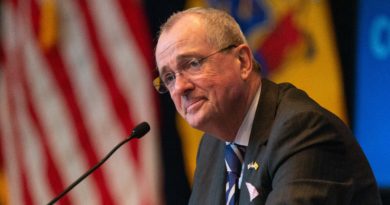Covid news live updates: vaccine mandate, Omicron variant symptoms, home tests, CDC…
US opposes plans to strengthen World Health Organization
The United States, the World Health Organization’s top donor, is resisting proposals to make the agency more independent, four officials involved in the talks said, raising doubts about the Biden administration’s long-term support for the UN agency. The proposal, made by the WHO’s working group on sustainable financing, would increase each member state’s standing annual contribution, according to a WHO document published online and dated 4 January.
The plan is part of a wider reform process galvanised by the Covid-19 pandemic, which has highlighted the limitations of the WHO’s power to intervene early in a crisis. But the US government is opposing the reform because it has concerns about the WHO’s ability to confront future threats, including from China, US officials told Reuters.
It is pushing instead for the creation of a separate fund, directly controlled by donors, that would finance prevention and control of health emergencies. Four European officials involved in the talks, who declined to be named because they were not authorised to speak to the media, confirmed the US opposition. The US government had no immediate comment.
The published proposal calls for member states’ mandatory contributions to rise gradually from 2024 so they would account for half the agency’s $2 billion core budget by 2028, compared to less than 20% now, the document said. The WHO’s core budget is aimed at fighting pandemics and strengthening healthcare systems across the world. It also raises an additional $1 billion or so a year to tackle specific global challenges such as tropical diseases and influenza.
Supporters say that the current reliance on voluntary funding from member states and from charities such as the Bill and Melinda Gates Foundation forces the WHO to focus on priorities set by the funders, and makes it less able to criticise members when things go wrong.
Top European Union donors, including Germany, back the plan, along with most African, South Asian, South American and Arab countries, three of the European officials said. The proposal is to be discussed at the WHO’s executive board meeting next week but the divisions mean no agreement is expected.



